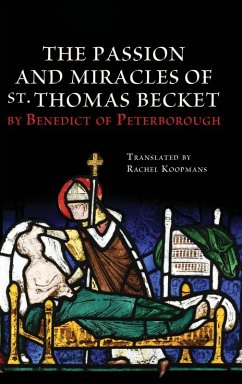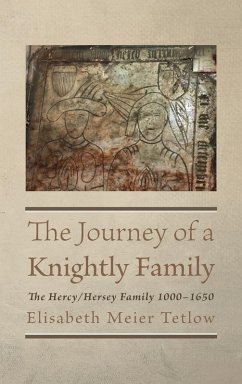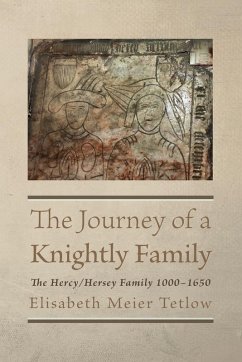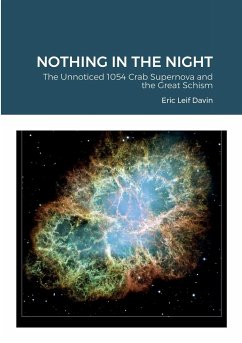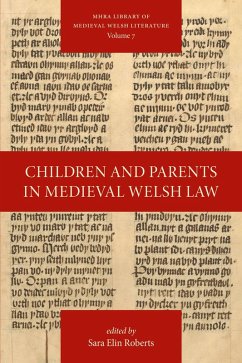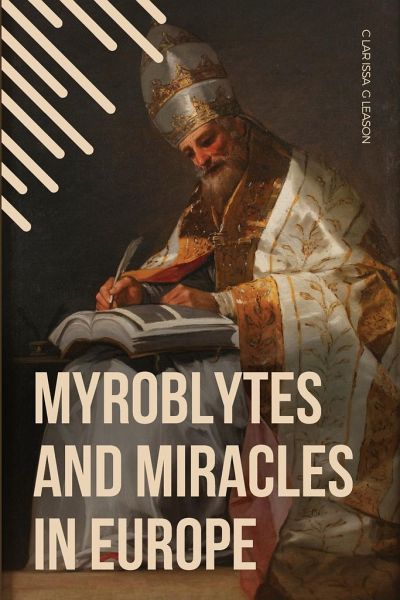
Myroblytes and Miracles in Europe
Versandkostenfrei!
Versandfertig in 1-2 Wochen
28,99 €
inkl. MwSt.

PAYBACK Punkte
14 °P sammeln!
In medieval European society, the significance of holy oil extended beyond its tangible properties, playing a profound role in shaping both individual sanctity and legitimate political authority. Within the context of the Glosso Ordinorio, scholars expounded on the symbolism of oil as a divine mark of election. This precious substance held a central place in the liturgical practices of medieval Christians, serving as a means through which they commemorated their revered saints. Some of these saints were recognized for their miraculous ability to produce quantities of oil from their bodies-a ph...
In medieval European society, the significance of holy oil extended beyond its tangible properties, playing a profound role in shaping both individual sanctity and legitimate political authority. Within the context of the Glosso Ordinorio, scholars expounded on the symbolism of oil as a divine mark of election. This precious substance held a central place in the liturgical practices of medieval Christians, serving as a means through which they commemorated their revered saints. Some of these saints were recognized for their miraculous ability to produce quantities of oil from their bodies-a phenomenon referred to as "myroblytes." These myroblytes, often seen as the embodiment of the papacy's authoritative power, symbolized the wellspring of divine authority from which all earthly powers emanated. The concept of "myroblyte vitae," or lives marked by the miraculous flow of oil, transcended traditional gender binaries. In earlier medieval times, the flow of oil was predominantly associated with male saints who held positions within the ecclesiastical elite. However, as the medieval period progressed, the phenomenon of myroblyte shifted its focus to laywomen, including penitents. Notably, the cult of Catherine of Alexandria in the eleventh century contributed to envisioning female saints as sources of holy oil. Religious orders such as the mendicants played a pivotal role in promoting the veneration of female myroblytes, aiming to incorporate women and their devotional practices into the institutional framework of the Church



